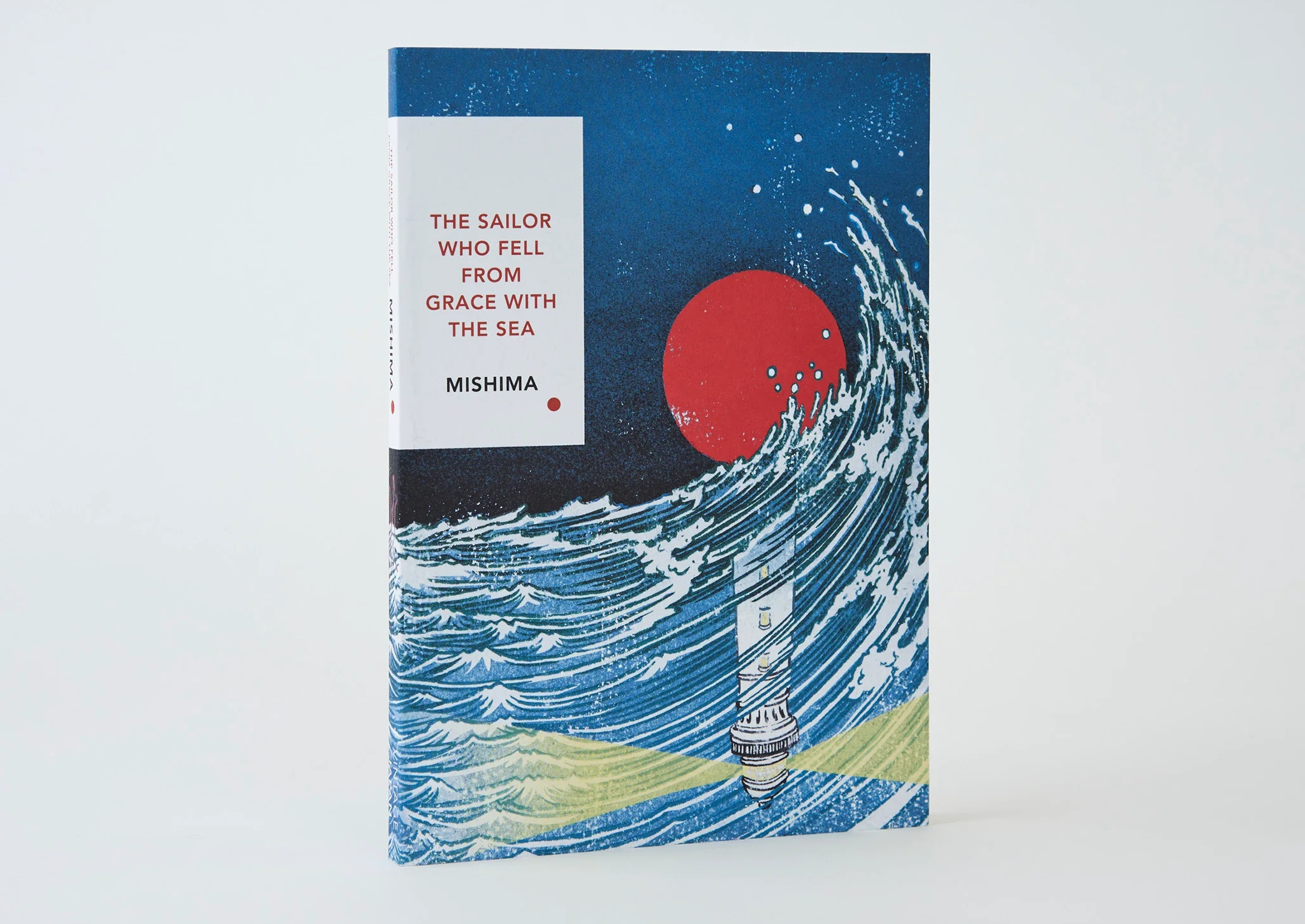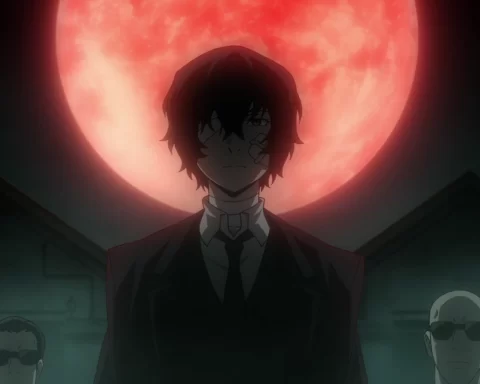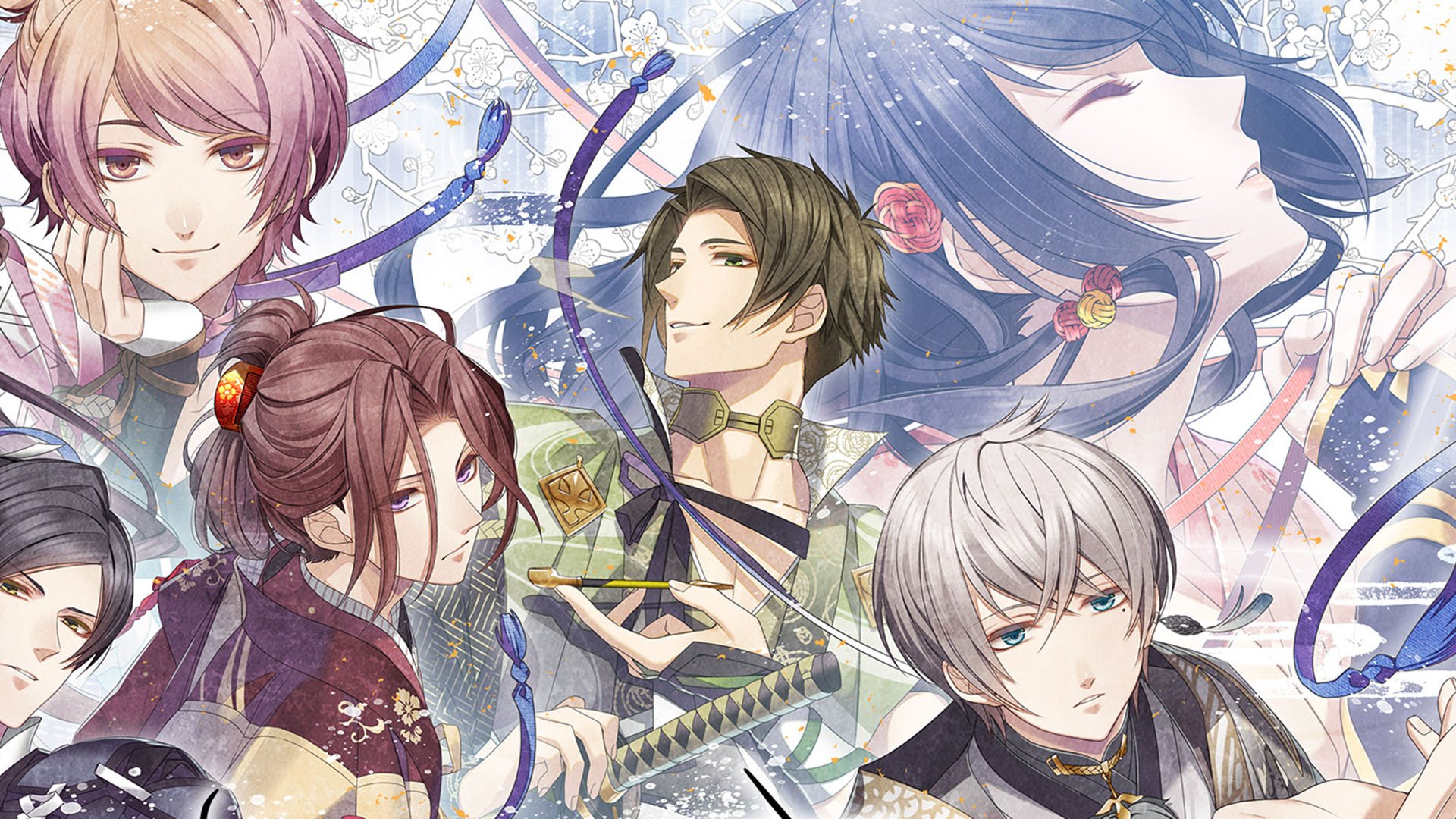Mishima Yukio is a fascinating figure in Japanese literature. As an author, he is one of the nation’s greats. He was very nearly Japan’s first Nobel Prize for Literature recipient, being nominated three times, and was ultimately only overlooked because his mentor, Kawabata Yasunari, won the prize instead. He also had prodigious output, penning 34 novels, 50 plays, 25 books of short stories, a film, and at least 35 books of essays. He even wrote an opera.
However, he would ultimately be remembered more for being a controversial political figure. He was right-wing, and I don’t mean that in a “mildly conservative” way. He was nationalist to a hardcore degree, such that he formed a militia, stormed a government office and, when unable to convince the government to re-install the emperor, committed seppuku (yes, the ritualistic suicide of the samurai). Mishima greatly rejected Western-style materialism, the democracy that he saw as inflicted on his nation, globalism and communism, and this put him at odds with many of his peers. Particularly in the post-war era, many of the authors – a space that has generally been left-wing inclined within Japan – that previously supported the nationalism that fuelled the war to become active left-wingers, and even join Japan’s Communist Party. Mishima found himself very much at odds with these people.
Towards the later parts of his career, Mishima attracted waves of criticism for his work, with much of it being labelled as “glorifying old-fashioned Japanese values,” and others going as far as to outright label him as a fascist. This, no doubt, explains why he is one of the few “literature greats” that never get taught at school in Japan, where other authors like Soseki, Dazai, and Kawabata himself (who was not a political agitator like Mishima was) are.
And yet, it’s important to note that Mishima’s works are not mindless propaganda of ideological purity. They’re challenging and often uncomfortable to people who sit at the other end of the political spectrum, but also provide an insight into what frames these ideas when they’re not presented with mindless anger. As I think just about everyone that reads DigitallyDownloaded.net knows, I identify quite firmly with the left-wing side of politics, and Dazai – who I wrote about a couple of issues of the magazine ago – is a more natural fit for my spot on the ideological spectrum. I most certainly find Mishima challenging, and certainly don’t admire his person or ideological position.
But I find his literature to be fascinating. What is art if we don’t let it challenge us? I constantly support transgressive literature and appreciate the works of the likes of Marquis de Sade, who, though I would argue wrote from a place of (extreme) progressivism, was certainly offensive in his process. I would hate for people to think I find the aesthetic of Sade to be agreeable or enjoyable because I inherently agree with the thematic undertones of what I see in it. I appreciate Sade because to be rendered uncomfortable by art is to be driven to think about why that is the case, and it would be deeply hypocritical of me to not engage with the work of an author of the calibre of Mishima in the same way as I do Sade, even if I find his philosophical position to be fundamentally untenable.
And so, with all of that put into context carefully so that people don’t get the wrong idea about where I sit with Mishima as a person, I want to highly recommend The Sailor Who Fell From Grace With The Sea. A lot of Mishima’s work is not published in English (that’s not due to ideology, that’s the result of a general lack of translators since a lot of the best work from a lot of Japan’s greatest authors from all ends of the political spectrum have never been translated). The Sailor Who Fell is, however, readily available in English, and it is a beautifully written masterpiece.
This is an essay in novel form
The Sailor Who Fell is a philosophical thesis that just happens to use the fiction novel as the medium. It’s not dissimilar to the fiction of Bataille, Camus or Sartre in that regard. In Mishima’s work, there are three principal characters: a young boy, his mother, and a sailor. In Mishima’s philosophy, the sailor represents the Japan of old – masculine, detached, and on a worldly journey of discovery and adventure.
The boy, initially, idolises this man. This doesn’t last long. The man begins a relationship with the woman and eventually gives up on the life of a sailor to marry her and begin working at her store – a well-to-do shop that sells Western clothing and items (I think the metaphor here should be clear). I won’t spoil what happens next within this brief work, but the end of the book is some next-level shocking stuff.
The book is, therefore, a broad call by Mishima to end the influence of America in Japan, which, through the 60’s as Mishima wrote this book, having won the war was reshaping the country to become a liberal democracy. The sea is an apt metaphor within the book, as it has always been central to the Japanese identity, while Mishima sees the land as mundane and restrictive in contrast. As he writes at one point: “The actual sight of land receding into the distance never made him cry.” Through this novel, we know that Mishima finds the West to be decadent and excessive, as he goes to great lengths to describe the over-expensive furniture and items that fill the boy and his mother’s home. The eventual marriage between the woman and man, therefore, represents Japan’s capitulation to the West in Mishima’s view (“it’s not easy to find a woman who is willing to be a sailor’s wife,” he writes).
The Sailor Who Fell has a secondary, existentialist thesis running through it. This is another one of Mishima’s favourite themes that he regularly dwells on through his work. The Sailor Who Fell strongly rejects society and the mundane, claiming that both are pointless, arbitrary, and more terrifying than death itself: “Real danger is nothing more than just living. Of course, living is merely the chaos of existence, but more than that it’s a crazy mixed-up business of dismantling existence instant by instant to the point where the original chaos is restored, and taking strength from the uncertainty and the fear that chaos brings to recreate existence instant by instant,” the book mentions at one moment.
“You won’t find another job as dangerous as that. There isn’t any fear in existence itself or any uncertainty, but living creates it. And society is basically meaningless, a Roman mixed bath. And school, school is just society in miniature: that’s why we’re always being ordered around. A bunch of blind men tell us what to do, tear our unlimited ability to shreds.”
At another point, a group of the boy’s delinquent friends, who all aim to cast off their attachment to society, remind the boy, currently infatuated with the sailor, that he too should not be allowed to become mundane: “’That sailor is terrific! He’s like a fantastic beast that’s just come out of the sea all dripping wet. Last night I watched him go to bed with my mother.’ Noboru began an excited account of what he had witnessed the night before. The boys kept their faces blank, but he could feel every eye on him and the straining to catch every word, and he was satisfied. ‘And that’s your hero?’ the chief said when he had finished. His thin red upper lip had a tendency to curl when he spoke. ‘Don’t you realise there is no such thing as a hero in this world?’”
Ultimately the boy does realise that the sailor, in casting off his life at sea for the mundane, can no longer be his “hero,” and that what he idolised in the sailor wasn’t so much the person as his (temporary) rejection of society and existence. What Mishima presents through his book is an aggressive distaste for the norms of society and the comfort that we have with our existence. It is a different view on the search for meaning within life than you might be familiar with if you’ve studied the traditional existentialists like Camus and Sartre, but certainly, the discomfort of what is accepted as life and society is a common thread across most thinkers in this space. This is also not something attached to Mishima’s nationalism and right-wing positions and is, perhaps, a point of commonality that reaches across the spectrum.
Mishima is, without a doubt, difficult. However, as the passages above should give you an inkling to, his writing is beautiful, eloquent, and richly evocative. The Sailor Who Fell From Grace With The Sea isn’t a particularly subtle book, but it seeks to challenge and provoke, rather than entertain and lecture. Consequently, it’s hard to dismiss as propaganda, and it’s not a call to arms. It is, simply, the philosophy and thesis of a nationalist. Do I agree with it, or Mishima more generally? No, of course not. But that I find it to be such a worthy piece of writing despite the ideological differences highlights just how masterful Mishima was as an author.













Mishima is indeed very interesting to read. I don’t even find his nationalism that hard to handle especially when you’re familiar with his life and personal story.
That’s because from today’s perspective he is so extreme and intense on some topics that it almost borders on comical, I think (if you’re a little cynical, at least).
I’d recommend ‘Life for sale’ as an entry-level read since it is mostly apolitical (although not completely), short and easily digestible.
Thank you for the recommendation. I’ll be sure to check it out, as that is one of Mishima’s that I haven’t read just yet 🙂